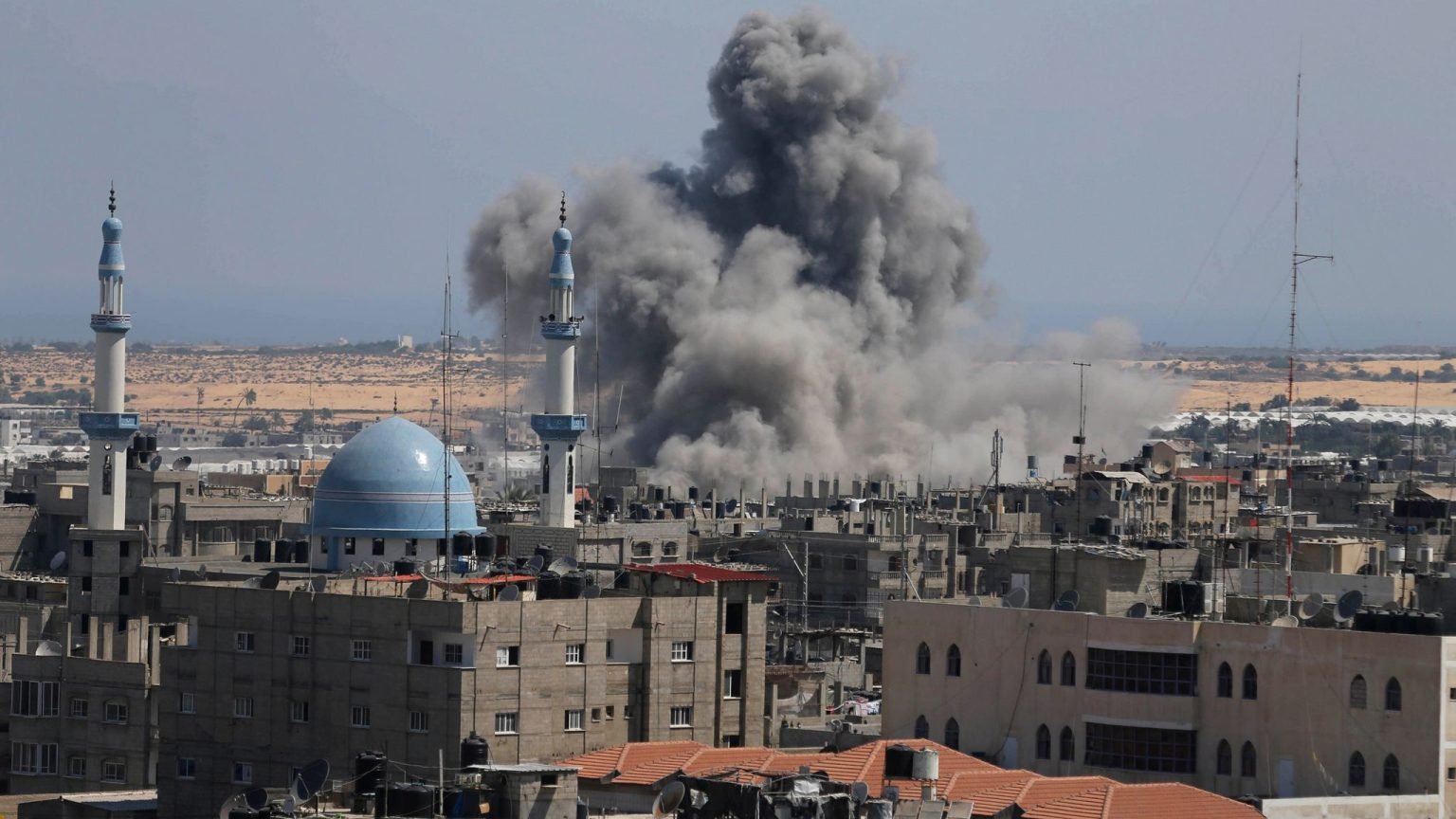The Israeli genocidal war on Gaza was a high-risk gamble that eventually proved a failure, and the rising direct and indirect costs of the war make it difficult for the regime to sustain it, says an analyst.
Mohammad Sadeq Koushki, a Tehran-based political and foreign affairs commentator, in a conversation with the Press TV website, said the Israeli regime has encountered staggering losses with its onslaught on Gaza, which makes it hard for Israeli officials to keep fanning its flames.
“This war is unequal in many aspects. The biggest difference is that the Palestinian side has nothing to lose, and nowhere to go. They have no option but to defend themselves and to continue the war for as long as it takes,” he said, referring to the Palestinian resistance’s upper hand over the occupation.
“But on the other hand, the Zionists have a lot to lose. Those still living in the Israeli-occupied territories went there in the hope that they would have a better life there. Now that doesn’t exist and people are losing their motivation to remain in the occupied lands and have decided to leave.”
Koushki said the indirect costs of the war are also taking a heavy toll on the regime’s economy.
“It’s not just ordinary people leaving. Investors are also leaving. The skilled workforce who went there from Europe and the US are also leaving. Tourists are also afraid of visiting the region,” he noted.
“Reservists, who were summoned by the regime, have also left their jobs. For the first time, a huge population has been displaced, and the regime has to pay for their living expenses.”
Staggering cost of war
He said the Benjamin Netanyahu-led regime has been spending 200 to 250 million dollars per day
on the war while continuing to lose their troops and tanks and military vehicles.
“It was a high-risk gamble from the beginning and it has failed. It’s the Zionist settlers who have to pay for this failure. Netanyahu is doing this at their expense. And the costs are rising fast,” Koushki said.
This week, the genocidal war launched by the Israeli regime on Gaza on October 7 completed 100 days, leaving almost 24,000 Palestinians dead, the majority of them children and women.
Despite the high casualty toll in Gaza, the Palestinian resistance groups backed by the people of Palestine have refused to retreat or surrender, or even leave the besieged territory.
According to political pundits, the regime failed to achieve any of its stated objectives of the war.
Of late, the Israeli military claimed that it has shifted to “a new phase” of the war, which it says is focused on the southern part of the blockaded territory.
There have also been reports of Israeli military regiments abandoning northern Gaza without managing to eliminate the Hamas resistance group or destroy its infrastructure.
Israel can’t crush resistance
Israeli premier Benjamin Netanyahu has repeatedly rejected international calls for a humanitarian ceasefire in Gaza, vowing that “no one will stop us” from eliminating the Hamas movement.
Israeli officials say the regime will keep going for months or even years until it achieves its stated goals.
Koushki said Hamas is a manifestation of Palestinian resistance and Israel has never been able to eliminate this resistance throughout the past 75 years of its occupation.
“Hamas is nothing to be destroyed. From the 1990s onwards, hundreds of Hamas commanders were assassinated. The most important leaders. What happened to Hamas,” he asked.
“Even if Israel gets all of Hamas members in Palestine and executes every single one of them, the next generation of Palestinians will be the new Hamas. They can’t eliminate the resistance.”
On calls by various Israeli regime officials for Gazans to be “encouraged” to leave the region, Koushki asserted that Israel’s forced displacement plan is not feasible.
‘Zionists feel cornered’
On recent Israeli attacks inside Syria and Lebanon, which led to the martyrdom of several commanders of the resistance front, including Iran’s Sayyed Razi Mousavi, Koushki said it won’t help the regime.
“Even if Israelis attack Syria or Lebanon 10 times a day, or assassinate five resistance commanders each day, it doesn’t change anything on the ground in Gaza and doesn’t make up for Israel’s huge losses.”
When asked about the effectiveness of attacks by Lebanese, Iraqi, and Yemeni resistance groups against Israeli interests, Koushki highlighted the significant psychological impact of these strikes.
“Those living in the occupied territories feel they’re cornered and this places a huge pressure on them. They feel they’re being attacked from all directions. This is the first time that all occupied territories are insecure. From Eilat in the south to Galilee in the north to even central regions. People feel they don’t belong to this region,” the Iranian analyst told the Press TV website.
Asked whether the US and its allies can deter further anti-Israel operations by the Yemeni military, the analyst said the recent attacks on Yemen have not degraded their capability to attack Israel.
“The point is that Yemenis have imposed a semi-blockade on Israel. Did these attacks stop Yemen from targeting Israel-linked ships? Yemenis have conducted attacks against those ships even after the recent US-UK attacks. So they couldn’t stop Yemen and it’s very hard to believe they can do that shortly.”
The analyst also touched on South Africa’s genocide case against
On South Africa’s genocide case against Israel, he said the regime is unlikely to abide by any ICJ verdict but it would significantly boost the pro-Palestine movement worldwide.
“Israel defied numerous UN resolutions and disregarded the 2004 ICJ ruling on the separation wall. This genocide case would be no exception. But Israel’s flouting of laws will only solidify its status as a pariah in the eyes of its backers in the West and further mobilize global public opinion against the regime.”
By Alireza Hashemi
Source: Press TV



